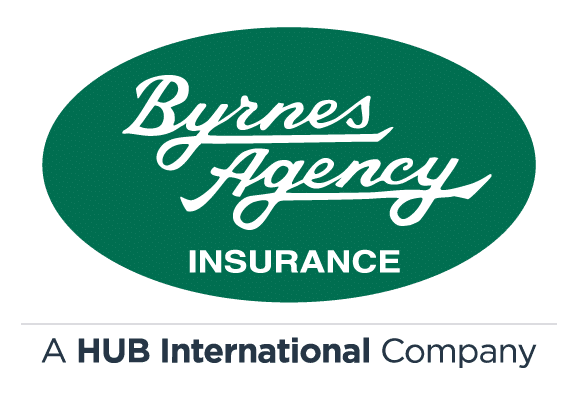Excess Vs. Umbrella Liability Insurance: Choosing the Right Coverage for Your Business

Navigating the complexities of business insurance can be daunting for any business owner. To ensure the protection of your business, you must understand the various layers of liability coverage. This blog aims to clarify the differences between excess liability insurance and umbrella liability insurance, helping you make informed decisions about which coverage best suits your needs.
Liability Insurance for Businesses: A Primer
Liability insurance protects your business against potentially devastating claims. It covers common risks such as injury, property damage, and legal costs. General liability insurance forms the foundation of this protection, safeguarding your business from the most frequent and costly claims.
What Is Excess Liability Insurance?
Excess liability insurance serves as an extension of your existing policy limits. Once your primary liability coverage has maxed out, additional coverage kicks in.
For example, if your general liability policy covers up to $1 million and a claim exceeds this amount, excess liability insurance can cover the additional costs, up to its own limit. This type of coverage enhances business insurance and is crucial for businesses at high risk of facing large claims.
What Is Umbrella Liability Insurance?
Umbrella liability insurance offers broader coverage compared to excess liability. It not only extends the limits of your existing policies but also fills in gaps by covering certain types of claims that standard policies might not.
For instance, umbrella policies can cover claims related to defamation, false arrest, and invasion of privacy. This comprehensive approach makes umbrella liability insurance ideal for businesses seeking extensive protection against various risks.
Comparing Excess and Umbrella Liability Insurance
Key Differences
- Coverage scope: Excess liability only extends existing policy limits, while umbrella liability provides additional types of coverage.
- Policy limits: Both types can offer substantial additional coverage, but umbrella policies tend to be more comprehensive.
- Types of risks insured: Umbrella insurance covers a wider range of risks, including some not covered by standard policies.
How to Choose
Choosing between excess and umbrella liability insurance depends on assessing your business’s specific risks and needs.
Guidelines
- Evaluate the nature of your business: Different industries have different risk profiles. For example, a construction company may need extensive coverage for injury claims.
- Assess industry-specific risks: Understand the common risks in your industry and how they could impact your business.
- Consider your risk management strategy: If your business has robust risk management practices, excess liability might suffice. For broader protection, umbrella insurance could be more appropriate.
- Consult with a professional: Engaging with an insurance advisor who understands the nuances of business insurance is crucial for making the right decision.
By consulting with Byrnes Agency, you can ensure your business has the right level of protection. Contact us today to discuss your current liability coverage and explore options for either excess or umbrella liability insurance, ensuring comprehensive protection for your business operations.
About Byrnes Agency
At Byrnes Agency, we offer insurance solutions that can be tailored to meet your specific needs. Whether you’re looking for personal policies or commercial coverage, we have the right coverage for you. To learn more about our products, contact us today at one of our two locations.
If you’ve enjoyed what you’ve read here and would like to know when we’ve published a new blog post, please “like” us on our Facebook page, and share this with your Connecticut neighbors.
